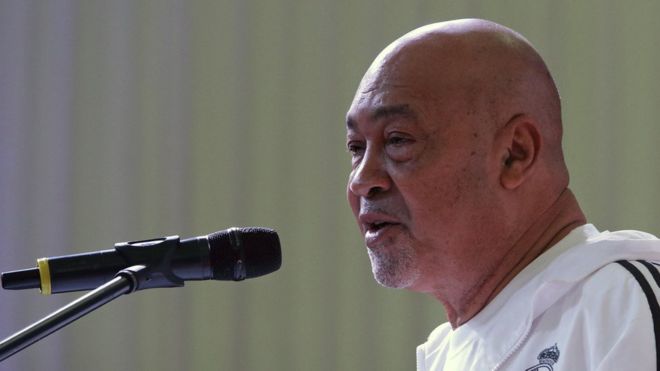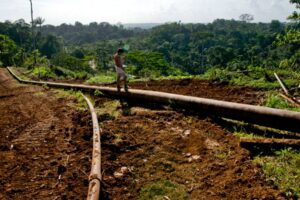
(Argus, 8.Jun.2020) — Opposition parties pledging oil policy changes in Guyana and Suriname are close to taking power, but incumbents are signaling reluctance to step down.
Guyana’s opposition People’s Progressive Party (PPP), which is leading a recount of votes from 2 March parliamentary elections, reaffirmed to Argus today that it would increase the government’s take in production-sharing contracts signed after ExxonMobil’s watershed 1999 contract.
The PPP party has taken 33 seats with 31 for the ruling PNC party-led coalition, and one seat to be determined, based on a vote recount, the country’s elections commission (Gecom) said yesterday.
Guyana’s president David Granger, who took office in 2015, has said he would accept the results, but his ruling coalition is now claiming “massive electoral fraud”. Gecom is supposed to issue a final result by 13 June.
The government of the former British colony is relying on Caribbean trade group Caricom to observe the recount, but it would not allow the Atlanta-based Carter Center to participate.
Washington has hinted at sanctions if the election is not deemed credible.
In Suriname, a four-party opposition coalition led by the Progressive Reform Party (VHP) has taken the lead in 25 May elections on a platform that vaguely promises a “reconstruction” of the country’s natural resources.
Surname’s VHP-led coalition has 33 seats – one short of the majority needed to replace the ruling National Democratic Party (NDP) that won 16 seats, the electoral board said on 5 June.
ExxonMobil has a strong presence in both countries. In Guyana, the US major leads a consortium that started crude production in December 2019 from the deepwater Stabroek block, estimated to hold 8bn bl of oil equivalent reserves. Output is supposed to reach 750,000 b/d by 2025.
Suriname’s state-owned Staatsolie is seeking to emulate Guyana’s offshore bonanza. The former Dutch colony currently produces around 16,000 b/d from onshore fields.
ExxonMobil last month acquired a 50pc stake in shallow-water Block 52 from Malaysian state-owned operator Petronas. ExxonMobil already has a contract with Staatsolie for deepwater Block 59 bordering Guyana’s Stabroek.
Suriname’s president Desi Bouterse, who is seeking a third consecutive term, is warning of protests against any perceived foul play. “We are going to request a recount and ask that all the people can see who won and lost where.”
Bouterse was convicted in 2019 to 20 years for the execution of 15 political opponents in 1982. He is also wanted in the Netherlands on drug trafficking charges but retains immunity as long as he is president.
__________
— By Canute James
***

